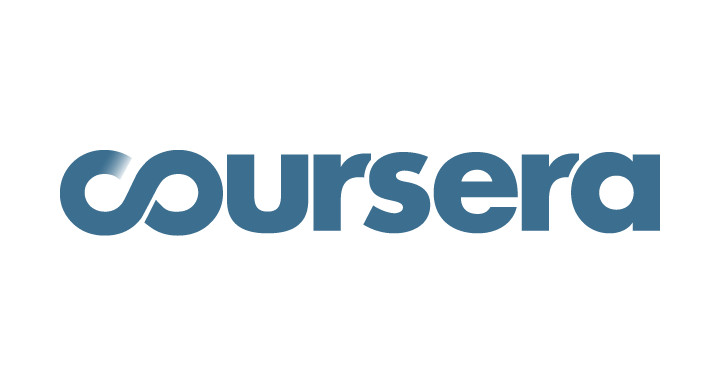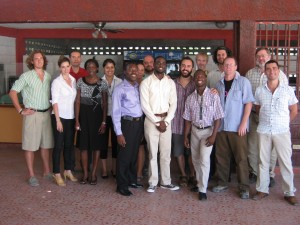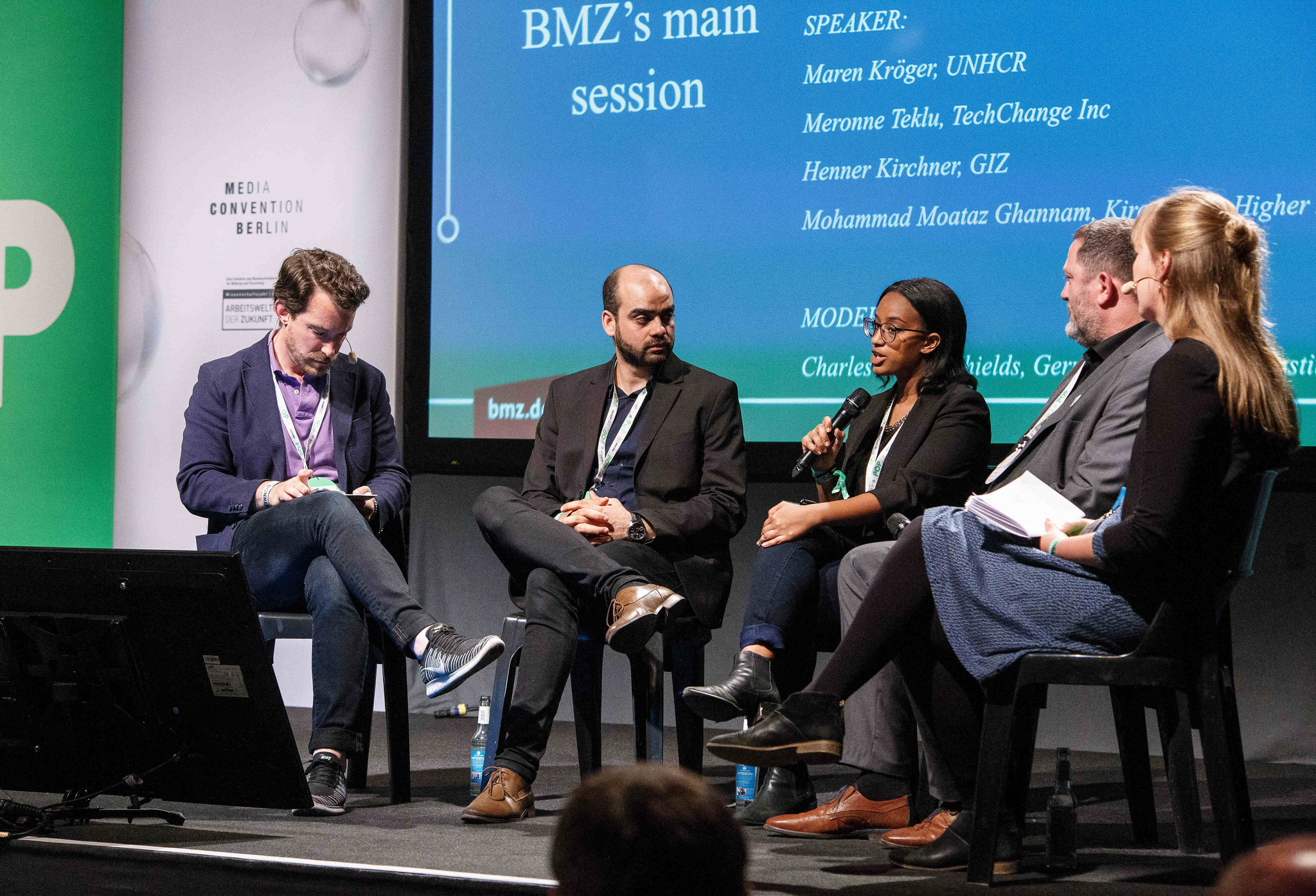The BBC reported today (http://www.bbc.co.uk/news/technology-12976254) on the value that Twitter has provided to stock traders. This is an example of how social media, when well filtered, can have a verifiable positive effect . For our purposes, it also shows that humanitarian organizations and NGOs can leverage Twitter as a less expensive means of deriving on-the-ground information that is actionable and reliable.
Research performed at the Technical University of Munich showed that traders following stock market-related tweets were seeing returns increase by close to 15% on their trades. By following tweets that were re-tweeted, market analysts could determine which twitter posts contained stock information that was analytically valuable. While the author of the study, Timm Sprenger, does not think this trend will change the world of stock analysis, it does add qualitative value to the process of trading.
According to BBC Sprenger also studied the tweets of likely voters in the previous German election and was able to predict the outcome to within 2% of how many votes each party received. What was striking about this was that his results were as accurate as larger research institutions, but his process cost hundreds of thousands of dollars less.
These findings could mean a lot to NGOs doing election monitoring or keeping track of violence at political rallies. While the risk of twitter creating false leads will always be a problem, this research shows that Twitter can be a quantitatively viable source of on the ground information even without the help of filtering software like Swiftriver. Best of all, it’s free.
Charles Martin-Shields has served as a consultant to the U.S. Institute of Peace, the Academy for International Conflict Management and Peacebuilding, and the Churches’ Center for Theology and Public Policy. He is currently completing a long-term study of educational development evaluation in conflict-affected settings to be published in March 2011 by the University of Toronto, and consults on project development and risk analysis in post-conflict settings. He can be reached at charles.martinshields@gmail.com.



